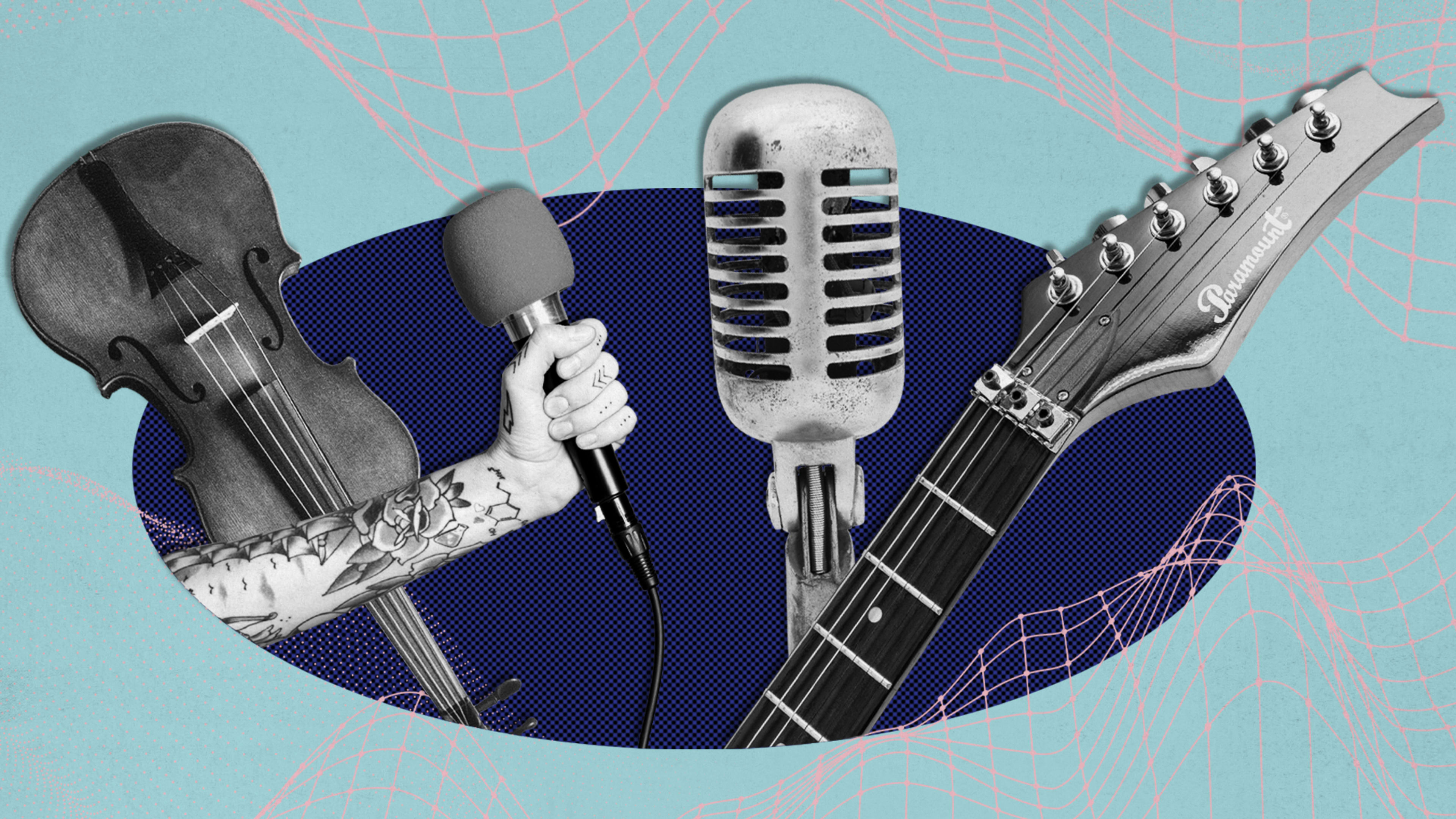The entertainment industry has faced existential challenges over the past seven months, as artists and executives alike have attempted to navigate a world beset by COVID-19.
During a recent panel at the 2020 Fast Company Innovation Festival, industry heavyweight Scooter Braun and popular recording artist Jessie Reyez joined Shara Senderoff, Braun’s business partner in the music and tech investment group, Raised in Space, and moderator KC Ifeanyi, to discuss just how the industry has adapted so far—and what may lay ahead.
Senderoff summarized the initial bleak state of affairs on the business end, in stark terms.
“If you look historically at where the music industry was before COVID, we existed as a three-lane highway: ‘Buy my music, buy my tickets, buy my merch,'” Senderoff said. “And then, as we progressively tried to get into new areas, COVID hits and one-third if not two-thirds of the entire industry was off the map as far as revenue goes.”
Jessie Reyez, for instance, was set to embark on the biggest tour of her career earlier this year, opening for Billie Eilish in some of the largest music venues around the world. It would have been an opportunity to expose tens of thousands of potential new fans to her music through her riveting live performances.
Instead, like countless others, the native Torontonian was stuck at home, trying to stay sane, remain creative, and salvage her year. Fortunately, she had already created just the kind of material for her new album that ended up keeping artists relevant in a year where the physical world mostly went away.
“My team and I have always had the mindset of being prepared,” Reyez said. “It was just a fluke that we had everything ready—all the videos, all the assets, extra live performances. We didn’t know that we’d be sending it to Jimmy Fallon and Jimmy Kimmel in April, May, and June.”
Additionally, Reyez has leveraged online platforms to facilitate real-time interactions with fans. Not only did it help keep the connection between artist and audience alive and thriving, it helped guide Reyez’s decision-making around how to proceed in unprecedented times.
“The [new] album has a lot to do with mortality, and it was meant to be a trigger for people to think about that, but now it seemed like it was commentary on real life and I didn’t want to be insensitive,” the artist shared. “So I went on Community, I went on Instagram, and I asked fans, ‘Would you be offended by this?,’ just to get actual legitimate real-time feedback. And it was like 97% ‘Bitch, are you crazy? Release that sh**.'”
Reyez’s foresight and embrace of interactivity helped her through what could have been an even more difficult album cycle. But what about the next one?
The panelists had plenty to say about the impact the pandemic might have on the future of the music industry—both on the business end and creatively.
“With all this time, we are creating new lanes that didn’t exist before,” Braun said. “When you talk about your work life, I always tell people . . . build time into your schedule where there is nothing, so you can innovate. This [year] is forcing the entire industry to innovate right now. I would also add that it’s allowing people to make music. A lot of artists love to make music, but then they have to go on the road and all the demands of the industry start pulling on them. It takes away the ability to be creative in the moment. Some of the best music I’ve ever heard [is] being made by artists who are sitting at home in their home studios, being creative, because they have this free time.”
As many artists used the time at home to be more creative, movers and shakers in the industry around them explored the limits of livestreaming and other ways to replicate the feeling of being in a crowd during live performances. While some of these methods, including drive-in concerts, are merely stopgap solutions for this unsafe moment, other new add-ons, like VIP livestream experiences for audiences halfway around the world, may be with us for a long time.
“What COVID has ultimately created is an opportunity to slow down and innovate in every way: Our society, our thoughts, and our dreams,” Braun added. “The biggest tragedy would be for us to come back to normal and have nothing change.”
Recognize your brand’s excellence by applying to this year’s Brands That Matter Awards before the early-rate deadline, May 3.
